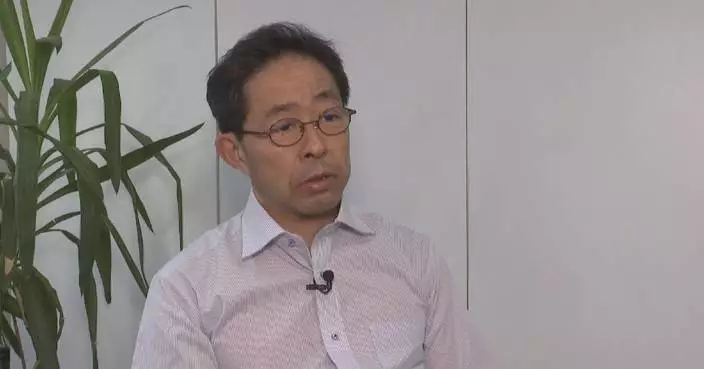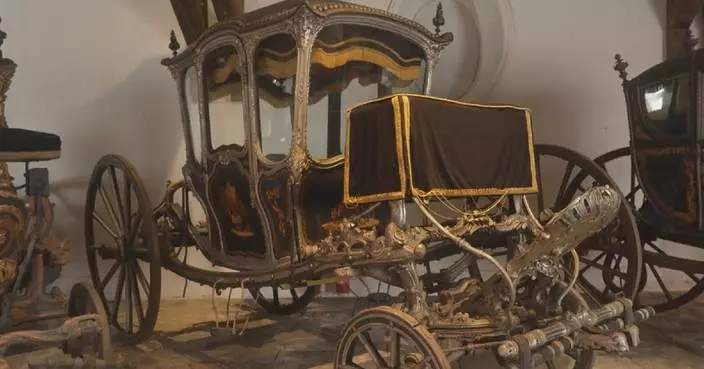In the backdrop of strengthening relations between China and Serbia, Serbian band Balkanopolis geared up for its big gig at the China Cultural Centre in Belgrade.
Serbia is holding China-Serbia cultural exchange this week at the China Cultural Centre, promoting ties between the two countries.
With their leading man, Slobodan Trkulja, Balkanopolis is well established in Serbia and abroad.
They frequently perform in China and have even participated in major events shown on state broadcaster China Central Television (CCTV). Over time, they've developed an extensive love for both the country and its people.
"I was won over by the immediacy of kindness, the kindness of the Chinese people. I felt warmth, cordiality, love, a sense of understanding, and some general sense of kindness that the Chinese people have," said Trkulja.
"No matter where we perform, people come to watch because it's interesting for them. It's even more interesting for us to see how they perceive it, because they don't understand our language and we don't understand theirs. But there's obviously some kind of symbiosis, through the music, the whole performance by Slobodan, the musicians, and us who try to convey it to the audience," said Milos Dajic, sound technician of the band.
For several years, Trkulja has organized a festival of light at a park in Novi Sad, second largest city in Serbia, to mark the Chinese New Year. Although the event always attracts lots of crowds, Trkulja still has more ambitions to achieve.
"In the next few years, I hope to work even more on cultural exchanges between the two countries. Music shops, learning traditional Chinese music and instruments, but also presenting traditional Serbian music and instruments to China," said Trkulja.
For years now, people like Trkulja and his band have acted as artistic ambassadors, promoting cultural ties between the two countries. In today's globalized society, it is possible to erase cultural borders between nations.

Serbian band promotes cultural exchanges with China









